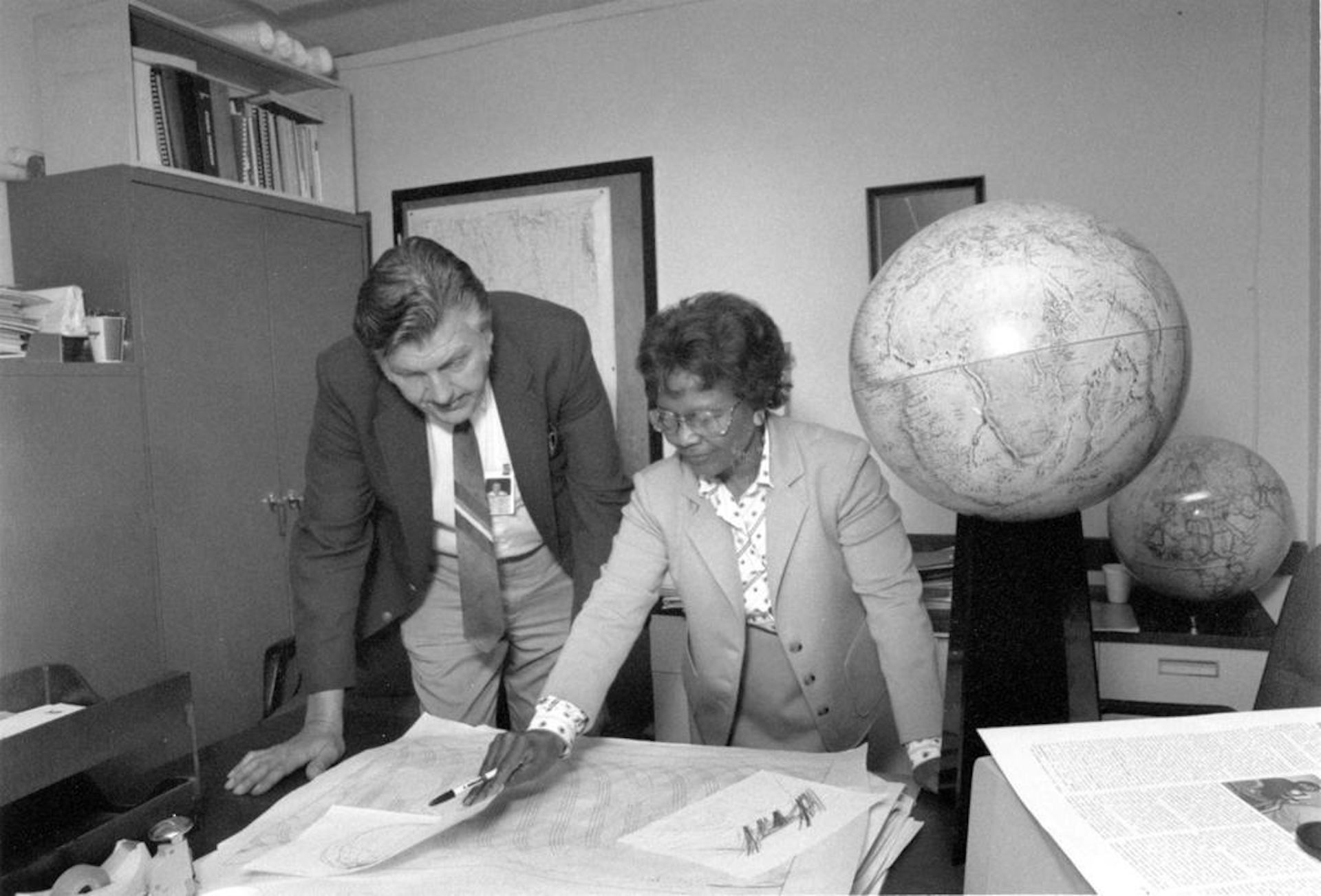Studying science fiction films can help students understand the power societies have to shape our li
Using films like “The Matrix,” a sociology course examines how factors beyond our control shape the world we live in − in fact and in an imagined future.


Uncommon Courses is an occasional series from The Conversation U.S. highlighting unconventional approaches to teaching.
Title of course:
Sociology, Science Fiction Film, and Artificial Intelligence
What prompted the idea for the course?
A colleague in the sociology department used to teach a course using a film genre from the 1940s and 1950s that presented a bleak view of modern societies. I liked the idea of using film in my classes, but I was interested in another film genre. I chose science fiction films to encourage sociology students to adopt a constructive view of the future. I also wanted them to see the parallels between the underlying messages in these films and many concepts in sociology.
What does the course explore?
Since the 19th century, science fiction and sociology have examined how industry and economics affect what it means to be human.
Science fiction often looks at potentially dangerous contemporary trends and envisions a future in which society and human civilization are threatened. Sociologists also focus on unsettling trends: overpopulation, rising inequality, resource depletion, excessive reliance on technology or persistent racism. Science fiction imagines the impact of these trends on the social structures of the future. In contrast, sociologists focus on the roles that economics, the different ways of structuring a society and technology play in creating these trends.
Why is this course relevant now?
The goal of this course is to help students understand that societies are more than groups of people. Societies are alive and try to survive on their own terms and are sometimes at odds with the interests of the people who live in them.
In many science fiction films, such as “The Matrix,” “Dark City,” “Oblivion” and “They Live,” protagonists discover that the societies they live in depend on hidden systems of control. In “The Matrix” series, the protagonist, Neo, learns that what he believes is real is actually a simulation shared by all humans. The shared illusion keeps them captive and inert while their electrical impulses are used to power sentient machines. Often, the systems of control in these films contradict and even exploit the values and norms the protagonists embrace. The hero in “Oblivion,” for example, believes his work is saving humankind; in fact, he is being used by alien technology that is draining the planet of its resources.
Sociologists study how factors in modern society such as economic systems and technologies such as AI shape our lives. Like the protagonists in a sci-fi film, sociologists attempt to understand the underlying systems of control. In both fiction and fact, these systems exist independently of the people who are part of the system. Those in the system are typically unaware of its existence and are unable to create or control it.
What’s a critical lesson from the course?
While many people believe they act of their own accord, their actions and choices are shaped by factors they can’t direct. What individuals do is based, in part, on social and economic patterns, such as whether the society they live in is religious or secular. Actions and beliefs are also influenced by psychological and biological factors, such as the way individuals were raised in childhood and the effect of their sex or race. People are inclined to look for solutions to 21st-century problems in traditional ideas, practices and institutions – including systems of government – that may have originated decades or centuries ago. These methods are ill-suited to confronting newly emerging challenges. For example, countries may want to tackle climate change, a global phenomenon, but are usually limited by national policies, which are ineffective.
What materials does the course feature?
The primary text for understanding science fiction is “Metamorphoses of Science Fiction” by writer and philosopher Darko Suvin, a former professor of literature at McGill University. The course also features essays, articles and film clips that connect sociology, science fiction films and AI, including my own articles, Decoding Modern Society: The Matrix Trilogy and the Realm of Alienation and Science-Fiction Films and “Love”: Toward a Critique of Regressive Social Relations.
What will the course prepare students to do?
Students will learn to interpret science fiction films constructively, as allegories about their place in a rapidly changing world. They will recognize that understanding sociology – that is, the study of human behavior and the structure of society – can help us avoid the mistakes of the past and embrace the future without fear.
Harry F. Dahms does not work for, consult, own shares in or receive funding from any company or organization that would benefit from this article, and has disclosed no relevant affiliations beyond their academic appointment.
Read These Next
ICE and Border Patrol in Minnesota − accused of violating 1st, 2nd, 4th and 10th amendment rights −
In Minnesota, can constitutional protections withstand the actions of a federal government seemingly…
Schools are increasingly telling students they must put their phones away – Ohio’s example shows mix
While cellphone bans at schools can help students connect more with peers, they can also make students…
Women have been mapping the world for centuries – and now they’re speaking up for the people left ou
Women have moved from mapmakers using their bodies to depict maps to being leaders shaping the field…






